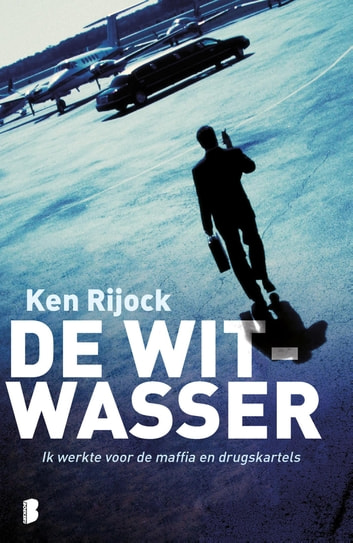Richard Chichakli, the Syrian-American CPA and fraud examiner whose long partnership with Viktor Bout, in an aviation smuggling enterprise, for both friend and foe, placed his activities under a global microscope, has been convicted by a jury, in US District Court in New York City. The defendant, who insisted in representing himself at trial, faced clear and convincing evidence that he, and Bout, while under American sanctions, had attempted to purchase Boeing aircraft for export.
The defendant was convicted as follows:
(1) One count of Conspiracy to commit Money Laundering. ($1.7m was wire transferred into the US. by Chichakli)
(2) One count of Conspiracy to Commit Wire Fraud.
(3) Six counts of Wire Fraud.
If the Court, at sentencing, chooses to run the courts consecutively, instead of concurrent, he could spend the rest of his life in a Federal Prison. Bout, who was his co-defendant, but could not be tried at this time, due to to US laws on extradition, is already serving a 25-year sentence, for his participation in a conspiracy to sell surface-to-air missiles to the FARC.
Though Bout and Chichakli are obviously guilty of a long list of criminal offenses, perpetrated during their "careers" of shipping arms into conflict zones, which included long civil wars in Africa, and supporting dictators involved in crimes against humanity and war crimes, there are bigger issues at play, which deserve a public forum.
First of all, how extensive was the relationship between Bout & Chichakli, and US agencies, whether they be law enforcement or intelligence ? There appears to be a concerted effort, by the United States Government, to cover up what individuals with personal knowledge assert was a long association. Was that association active when Bout met with DEA agents who succeeded in perpetrating their missile purchase sting operation, and was he acting within the scope of his employment ? If so, is Bout entitled to a new trial ? The answers to these questions should be provided to the Court, free of any "classified information" subterfuge.
Second, what about Bout's allegations, that he was specifically targeted, due to the fact that he had committed multiple offenses, while under the protection of an American agency, and therefore could not be prosecuted ? Crimes perpetrated under the umbrella of American intelligence service, which generally carry the proverbial "Get out of Jail Free card,"are deeply resented by law enforcement.
Bout alleges that he and Chichakli became the subject of a concerted, directed effort to tweak the nose of our intelligence agencies, by arresting some of their private contractors. Chichakli was not charged until after the US obtained Bout's laptop, after his arrest. Were these cases really selective prosecution, and if so, how will this ultimately affect the validity of their convictions ?
Our intelligence agencies, and our government, are not anxious to reveal the extent to which unsavory individuals perform tasks, covertly, on its behalf. These are dirty jobs that are often a necessary evil, but which many Americans would find offensive, immoral, illegal, or distasteful. Our law enforcement community understandingly takes offense; and I do not blame them. It is a morality issue, wrapped inside a legal dilemma.
Inter-agency rivalry among America's many Federal agencies, whether for budget dollars, publicity over their successes, or expansion plans, is a fact of life, but these competing agencies should not take out their anger on the individuals who are working for the other agencies, and who engaged in conduct they regard as criminal.




Thanks again for your coverage. A link to the available documents from this trial and, more generally, to this case would be appreciated. Whether or not Chichakli and Bout are "obviously guilty of a long list of criminal offenses, perpetrated during their 'careers' of shipping arms into conflict zones" depends on the documentation one has available to view from which one might judge such guilt to be obvious. Even if one concedes such "obvious guilt" (which I would not do a priori, despite a remarkable campaign of defamation against them) there still remains the question of why other still more obviously guilty purveyors of illicit arms remain untouchable. The whole legal exercise seems not only vindictive with regard to Bout and Chichakli, but also exculpatory with regard to the many fellow arms traffickers who enjoy better protection and, in some cases, might well have performed illegal acts while holding public office or acting on the direct instructions of superiors holding governmental positions.
ReplyDelete